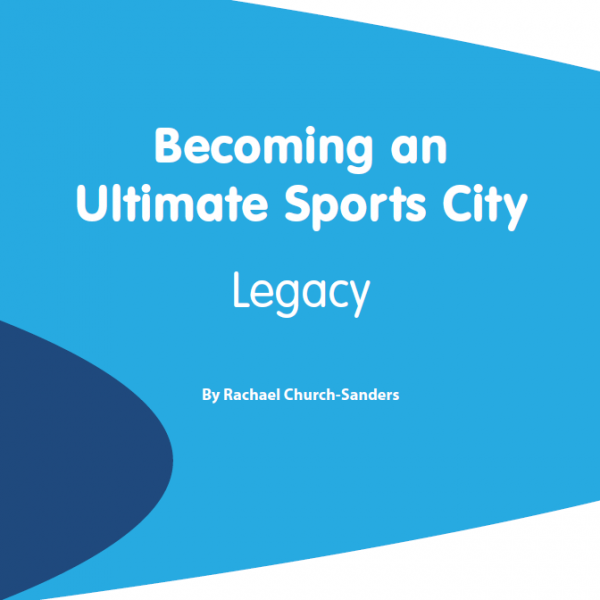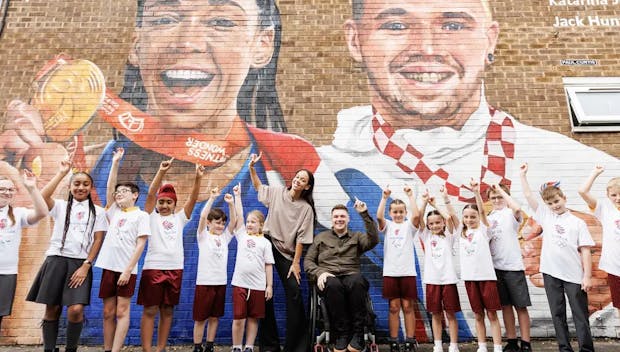British Paralympic Association
Centrica sponsorship drive continues with British Gas Team GB deal
Dreams extends TeamGB and ParalympicsGB backing ahead of winter games
Webborn elected for second term as chair of British Paralympic Association
Camelot to aid Team GB and ParalympicsGB’s Tokyo preparations
ParalympicsGB signs healthy living focused deal with Nestlé Cereals UK
UK Olympic, Paralympic bodies pool media rights, plan OTT platform
Becoming an Ultimate Sports City – Legacy | Introduction – Latest thinking and expert discussion on legacy
 Countries and cities have various reasons for bidding to host an event beyond financial gain. Legacies can include improving the image of the city or country, putting it on the map in terms of attracting future events, creating a positive economic impact from increased tourism (the subject of a later report in this series), building venues and facilities that will enhance the health of a nation and help develop new sports stars, and improved infrastructure in areas from transport to telecoms and beyond.
Countries and cities have various reasons for bidding to host an event beyond financial gain. Legacies can include improving the image of the city or country, putting it on the map in terms of attracting future events, creating a positive economic impact from increased tourism (the subject of a later report in this series), building venues and facilities that will enhance the health of a nation and help develop new sports stars, and improved infrastructure in areas from transport to telecoms and beyond.
Becoming an Ultimate Sports City – Legacy | Case studies – Auckland
 Auckland was ranked first in the 2014 Ultimate Sports Cities rankings in the category of Legacy. Each major event supported by Auckland Tourism Events and Economic Development (ATEED), the body responsible for such events in the city, must have a plan that sets out the legacy that the event organiser will work towards.
Auckland was ranked first in the 2014 Ultimate Sports Cities rankings in the category of Legacy. Each major event supported by Auckland Tourism Events and Economic Development (ATEED), the body responsible for such events in the city, must have a plan that sets out the legacy that the event organiser will work towards.
Becoming an Ultimate Sports City – Legacy | Case studies – London
 London was ranked second in the 2014 Ultimate Sports Cities rankings in the category of Legacy. The London 2012 Summer Olympic and Paralympic Games were a huge global marketing showcase for London. The city is delivering the legacy of 2012 by maintaining the momentum and enthusiasm for major sporting events, and using its infrastructure, logistics and expertise to host more events.
London was ranked second in the 2014 Ultimate Sports Cities rankings in the category of Legacy. The London 2012 Summer Olympic and Paralympic Games were a huge global marketing showcase for London. The city is delivering the legacy of 2012 by maintaining the momentum and enthusiasm for major sporting events, and using its infrastructure, logistics and expertise to host more events.
